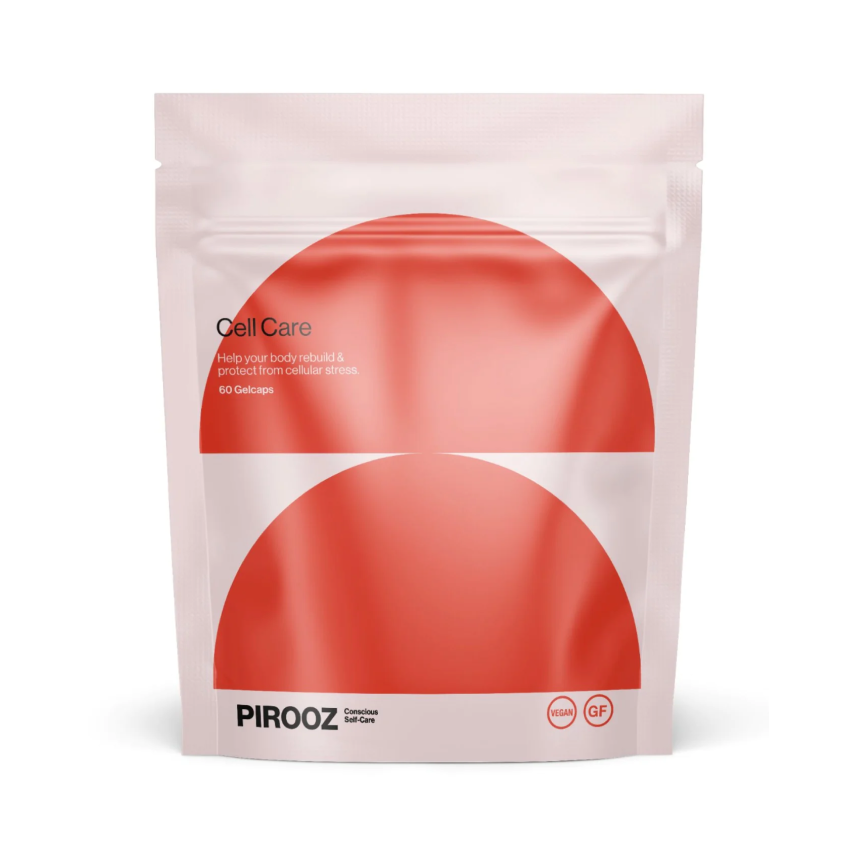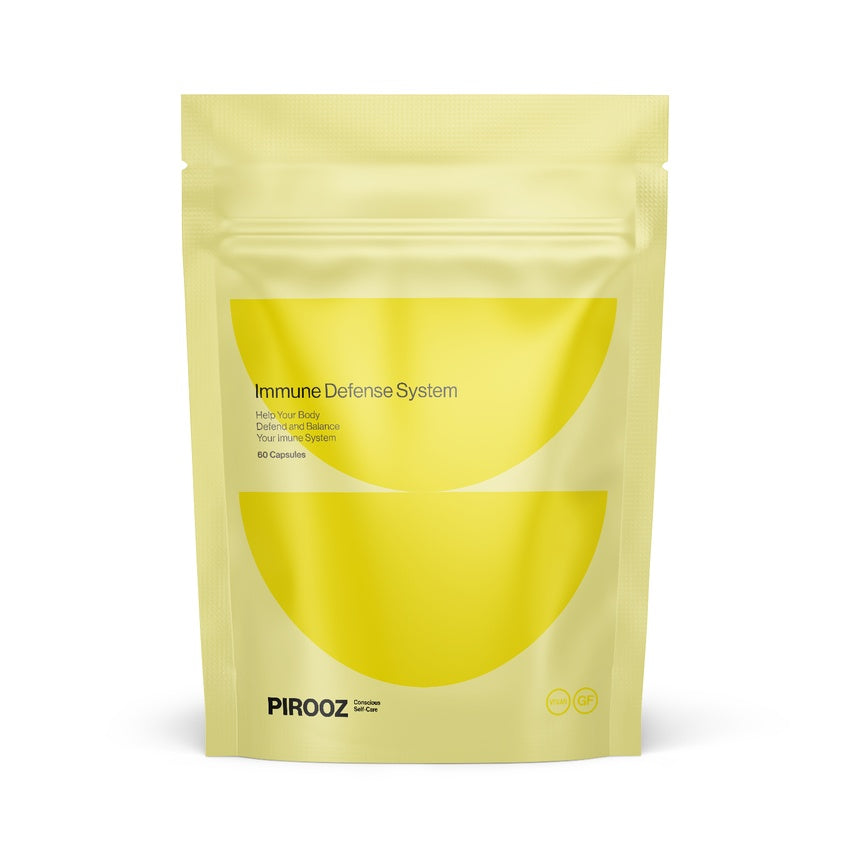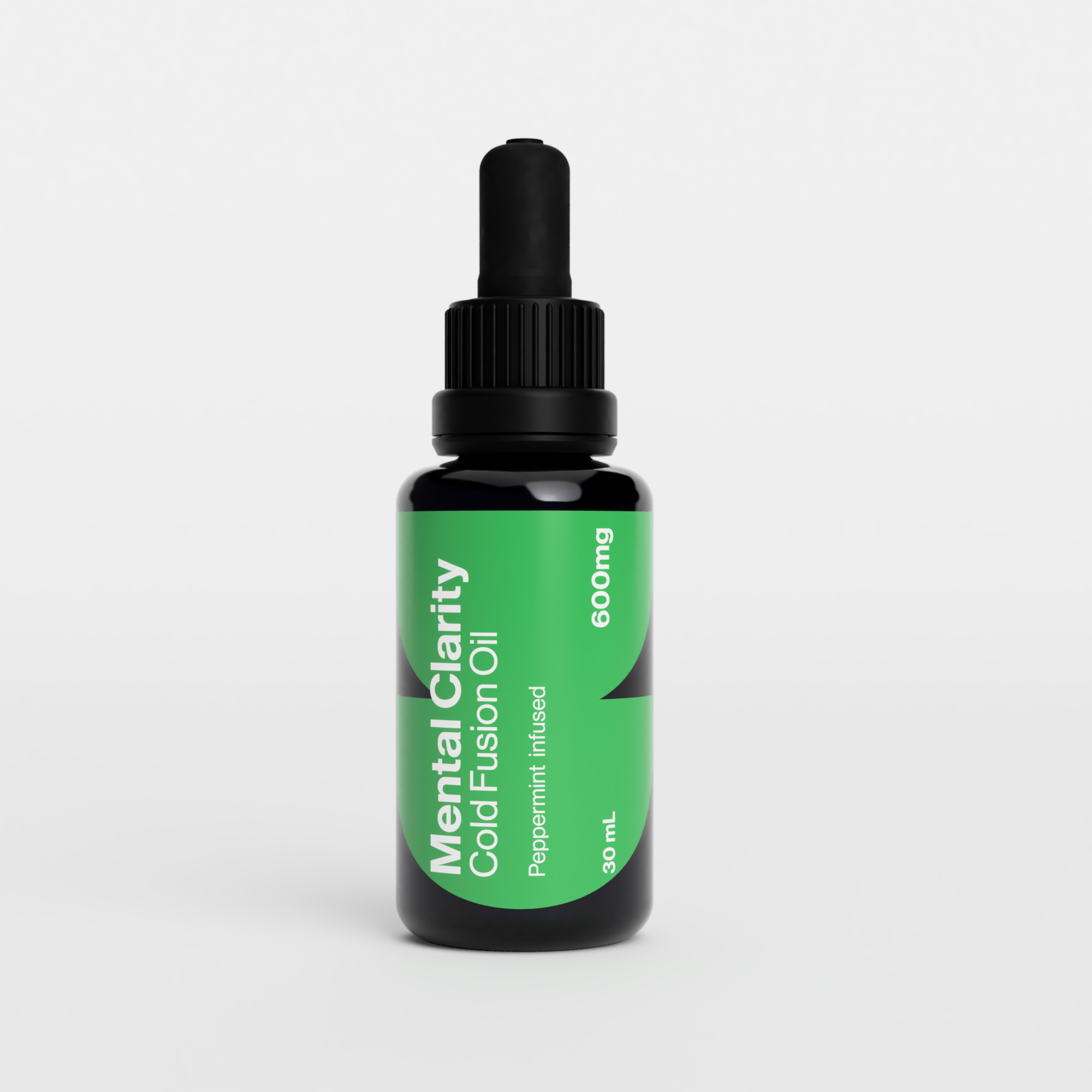In the hustle and bustle of modern life, finding balance and prioritizing self-care often takes a backseat to work, family, and other responsibilities. We live in a world where productivity and constant activity are highly valued, often at the expense of our well-being. The relentless pace and demands of daily life can easily overwhelm us, leading to chronic stress, burnout, and a host of physical and mental health issues. In this context, self-care becomes not just a luxury but a necessity. Neglecting self-care can have serious consequences. Chronic stress, for instance, has been linked to a myriad of health problems, including cardiovascular disease, weakened immune function, and mental health disorders such as anxiety and depression. Moreover, the cumulative effects of stress can impair cognitive function, leading to difficulties in concentration, memory, and decision-making. This affects our professional and personal lives and diminishes our overall quality of life. Integrating "relief" into your self-care routine is essential for maintaining physical, emotional, and mental well-being. "Relief" encompasses those activities and practices that help us unwind, recharge, and restore balance. It involves taking deliberate steps to counteract the pressures of everyday life, allowing our minds and bodies to relax and recover. This concept of relief is multifaceted, encompassing everything from physical activities that release tension to mental practices that foster a sense of calm and clarity. This blog explores the importance of self-care, the concept of "relief," and practical ways to incorporate it into your daily life to achieve a balanced and fulfilling lifestyle.
The Importance of Self-Care
Understanding Self-Care
Self-care refers to individuals' activities and practices to manage stress, maintain health, and enhance well-being. It encompasses many behaviours, from physical activities like exercise and nutrition to emotional practices such as mindfulness and social connection. The World Health Organization (WHO) defines self-care as "the ability of individuals, families, and communities to promote health, prevent disease, maintain health, and cope with illness and disability with or without the support of a healthcare provider" (WHO 2020).
The Benefits of Self-Care
Regular self-care practices can lead to numerous benefits, including:
- Improved Physical Health: Regular physical activity, a balanced diet, and adequate sleep can enhance overall health and reduce the risk of chronic diseases (Warburton et al., 2006).
- Enhanced Mental Health: Self-care practices such as mindfulness, meditation, and therapy can reduce stress, anxiety, and depression, improving mental health (Goyal et al., 2014).
- Increased Productivity: Taking time for self-care can boost productivity and creativity by reducing burnout and enhancing focus and motivation (Schaufeli et al., 2009).
- Better Relationships: By prioritizing self-care, individuals can develop healthier relationships with others, as they are more likely to communicate effectively, set boundaries, and manage conflicts (Neff & Beretvas, 2013).
The Concept of "Relief"
Defining "Relief"
"Relief" in the context of self-care refers to practices and activities that alleviate stress, reduce tension, and promote relaxation. It involves taking deliberate steps to counterbalance the pressures and demands of daily life, allowing the mind and body to rest and rejuvenate. Relief can come in many forms, from physical activities and relaxation techniques to creative pursuits and social interactions.
The Science Behind Relief
The physiological and psychological benefits of relief are well-documented. Engaging in activities that promote relaxation and stress reduction can lead to:
- Reduced Stress Hormones: Deep breathing, meditation, and yoga can lower cortisol levels, the body's primary stress hormone, thereby reducing overall stress (Smith et al., 2013).
- Improved Mood: Improved Mood Activities that bring joy and relaxation, such as hobbies and socializing, can increase the production of neurotransmitters like serotonin and dopamine, which are associated with positive mood and well-being (Swardfager et al., 2016).
- Enhanced Cognitive Function: Taking breaks and engaging in relaxing activities can improve cognitive function, including memory, attention, and problem-solving skills (Berman et al., 2008).
Integrating "Relief" into Your Self-Care Routine Physical Activities
- Exercise: Regular physical activity is one of the most effective ways to reduce stress and promote overall health. Walking, running, swimming, or yoga can enhance mood, improve cardiovascular health, and boost energy levels (Hamer et al., 2008).
- Stretching and Yoga: Incorporating stretching and yoga into your daily routine can help release physical tension, improve flexibility, and promote relaxation. These practices can also enhance mindfulness and emotional well-being (Cramer et al., 2013).
- Nature Walks: Spending time in nature has been shown to reduce stress, lower blood pressure, and improve mood. Nature walks provide an opportunity to disconnect from technology and reconnect with the natural world (Park et al., 2010).
Mindfulness and Relaxation Techniques
- Meditation: Regular meditation can reduce stress, improve focus, and enhance emotional regulation. Mindfulness meditation, in particular, helps individuals become more aware of their thoughts and feelings, promoting a sense of calm and clarity (Chiesa & Serretti, 2009).
- Deep Breathing: Deep breathing exercises can activate the parasympathetic nervous system, promoting relaxation and reducing stress. Techniques such as diaphragmatic breathing and box breathing can be easily incorporated into daily life (Brown & Gerbarg, 2005).
- Progressive Muscle Relaxation: This technique involves tensing and slowly releasing different muscle groups. It can help reduce physical tension and promote relaxation (McCallie et al., 2006).
Creative and Leisure Activities
- Hobbies: Engaging in hobbies and creative activities such as painting, knitting, or playing a musical instrument can provide a sense of accomplishment and joy. These activities can be a healthy distraction from stress and promote mental well-being (Perruzza & Kinsella, 2010).
- Reading: Reading for pleasure can be a great way to unwind and escape daily stresses. It can also improve cognitive function and increase empathy (Mar & Oatley, 2008).
- Gardening: Gardening has been shown to reduce stress, improve mood, and enhance overall well-being. It provides a sense of connection to nature and a productive way to spend time outdoors (Soga et al., 2017).
Social and Emotional Support
- Socializing: Spending time with friends and family can provide emotional support, reduce feelings of loneliness, and enhance overall well-being. Social connections are crucial for mental health and can buffer against stress (Holt-Lunstad et al., 2010).
- Therapy and Counselling: Seeking professional support through therapy or counselling can help individuals manage stress, process emotions, and develop coping strategies. Cognitive-behavioural therapy (CBT) and other therapeutic approaches can be highly effective (Hofmann et al., 2012).
- Support Groups: Joining support groups, whether in-person or online, can provide a sense of community and shared experience. Support groups can offer valuable insights, encouragement, and a platform to share challenges and successes (Pistrang et al., 2008).
Nutritional and Lifestyle Choices
- Balanced Diet: Eating a balanced diet rich in fruits, vegetables, whole grains, and lean proteins can support overall health and well-being. Certain nutrients, such as omega-3 fatty acids, magnesium, and B vitamins, are essential for mental health (Gómez-Pinilla, 2008).
- Hydration: Staying hydrated is essential for maintaining energy levels, cognitive function, and overall health. Drinking adequate water throughout the day can help prevent dehydration-related stress and fatigue (Armstrong et al., 2012).
- Sleep Hygiene: Prioritizing good sleep hygiene can significantly impact stress levels and well-being. A regular sleep schedule, a relaxing bedtime routine, and a comfortable sleep environment are critical to good sleep hygiene (Hirshkowitz et al., 2015).
Creating a Personalized Self-Care Routine
Integrating "relief" into your self-care routine involves identifying the best activities and practices for you. Here are some steps to help you create a personalized self-care plan:
- Assess Your Needs: Reflect on your current stress levels, lifestyle, and areas where you need the most support. Consider your physical, emotional, and mental health needs.
- Set Realistic Goals: Set achievable self-care goals that fit your daily routine. Start small and gradually incorporate more practices as you become comfortable.
- Schedule Self-Care Time: Dedicate specific times in your day or week for self-care activities. Treat these times as non-negotiable appointments with yourself.
- Experiment and Adapt: Try different self-care activities and observe how they make you feel. Be open to adjusting your routine based on what works best for you.
- Seek Support: If you struggle to establish a self-care routine, contact friends, family, or professionals for support and guidance. Joining a support group or seeking therapy can provide additional resources and encouragement.
Final Thought -
Finding balance in today's fast-paced world requires intentional effort and self-care commitment. Integrating "relief" into your self-care routine can alleviate stress, enhance your well-being, and achieve a more balanced lifestyle. Whether through physical activities, mindfulness practices, creative pursuits, social connections, or nutritional choices, there are countless ways to incorporate relief into your daily life. Supplements like PIROOZ Relief offer additional support, helping to manage pain, reduce inflammation, and maintain overall well-being.
- Pain Management: PIROOZ Reliefis formulated to help manage pain and reduce inflammation effectively. Targeting the underlying causes of pain alleviates bodily discomfort and fosters relaxation, making it an essential component of a comprehensive self-care routine.
- Helps Alleviate Discomfort: Chronic inflammation can lead to persistent discomfort. PIROOZ Relief optimizes communication between the brain and the gut, fostering overall well-being and helping to alleviate discomfort caused by inflammation.
- Digestive Stress Response: PIROOZ Relief supports the body's stress response system by maintaining effective communication between the gut-brain axis. This connection is vital for preventing disruptions within both subsystems of the immune system, thereby promoting holistic health.
- Supports Homeostasis : Maintaining homeostasis is crucial for overall health. PIROOZ Relief helps ensure a stable internal environment by regulating temperature, electrolyte balance, and pH equilibrium. This support promotes optimal metabolic function and overall well-being.
Integrating PIROOZ Relief the best stress relief products into your self-care routine can significantly enhance your ability to manage stress, pain, and inflammation, improving physical, emotional, and mental health. This holistic approach to self-care enables you to navigate the demands of modern life more effectively and cultivate a sense of balance and fulfilment.











